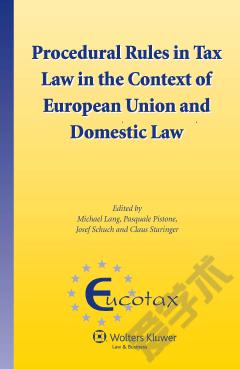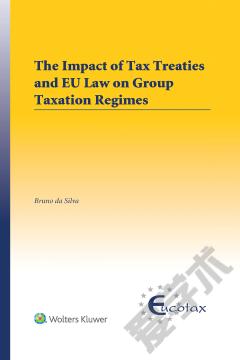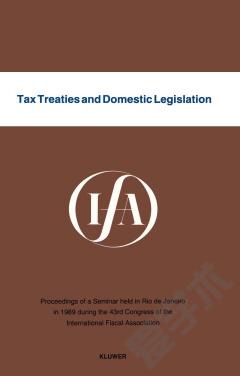Procedural Rules in Tax Law in the Context of European Union and Domestic Law
European Union law barely deals with procedural questions even though they are essential for proper implementation of European Union law. The European Court of Justice has developed procedural principles in its rulings which also affect proceedings before national authorities. This is due to the fact that the principle of procedural autonomy of the Member States finds its limits where European Union law might be infringed. Therefore, domestic procedural principles and rules of the EU countries need to be interpreted in the context of European Union law requirements.This timely work seeks to identify the differences between the domestic procedural rules and principles of an array of EU and non-EU countries and analyse them in the context of European Union law requirements. Specific attention is paid to the impact of State aid rules on procedural law in tax matters, on constitutional law requirements as well as tax treaty law issues.Since customs law is already harmonized in the form of the Community Customs Code, it serves as a starting point to examine the extent to which harmonized procedural law is possible. Harmonized procedural law is also discussed in the context of a possible future Common Consolidated Corporate Tax Base as well as an EU tax levied at the European Union level.
{{comment.content}}








 京公网安备 11010802027623号
京公网安备 11010802027623号